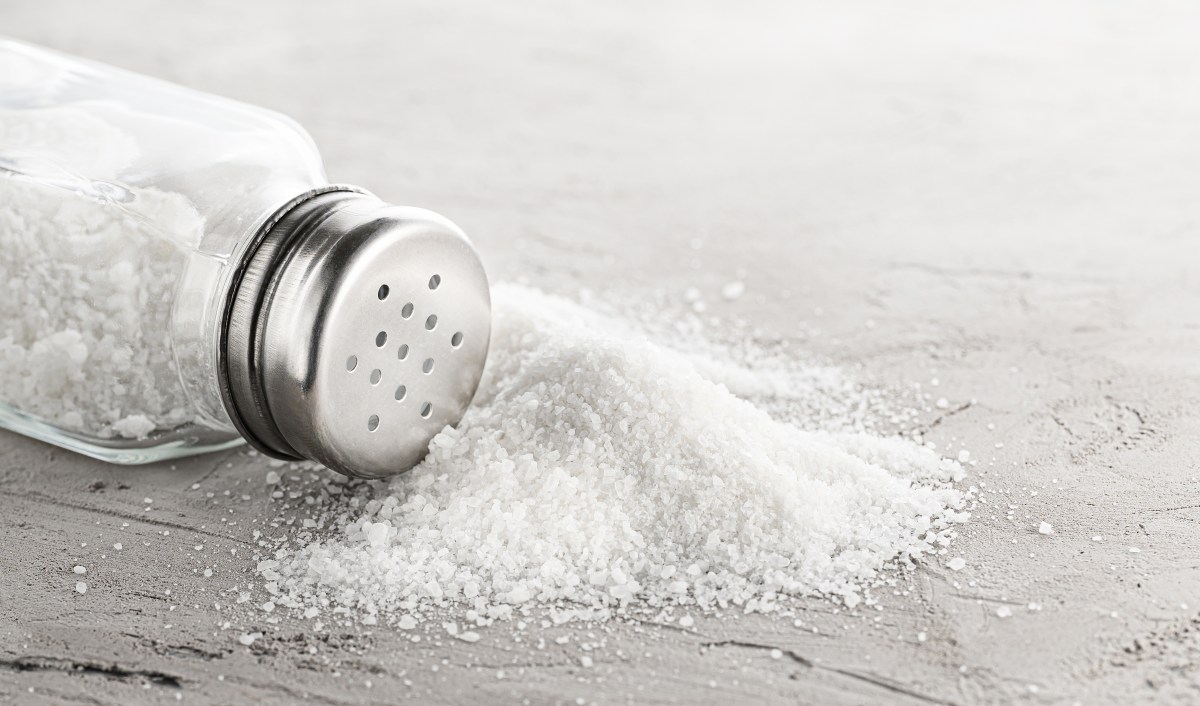On Tuesday, Brazilian President Luiz Inacio Lula da Silva described it as “exceptional” for the Venezuelan opposition to rally around one candidate. He reiterated his desire for all sectors to respect the result of the July 28 elections.
“It is exceptional,” Lula said at a press conference, in an apparent reference to Edmundo Gonzalez Urrutia, of the Democratic Unionist Alliance party, the main coalition, because the opposition to Nicolas Maduro “came together and presented one candidate.” Anti-Chavista.
González Urrutia has received support from other sectors of the Venezuelan opposition in recent days He was elected by the Democratic Unionist Party after the electoral authorities refused to register first Maria Corina Machado and then Corina Llores.
When these nominations were rejected, the Brazilian government expressed “concern” about the obstacles imposed on the registration of candidates, and received an angry response from the Venezuelan Ministry of Foreign Affairs.
Lula stressed on Tuesday that elections in Venezuela, as in other countries, must be “transparent” and that the election results must be recognized by everyone.
He stressed his desire that “whoever wins takes office, and whoever loses continues the democratic struggle,” and that “the United States withdraws sanctions so that Venezuela can restore all the people who left because of the economic situation.” In reference to the millions of Venezuelans who have fled the country in recent years.
On the other hand, former Colombian President and Nobel Peace Prize laureate, Juan Manuel Santos, said in an exclusive interview published on Monday by the newspaper: Her beans From Sao Paulo, which If Gustavo Petro and Luiz Inácio Lula da Silva want to help with Venezuela's democratic transition, 'now is the time'.
According to Santos, the actions of the Colombian and Brazilian leaders are decisive this week, as Nicolas Maduro's regime is expected to react to uniting the opposition against the nomination of the former ambassador. Edmundo Gonzalez Urrutia It may disable it.
In this sense, the former Colombian president said that it would be “very important” for Lula and Petro to say to Maduro: “Respect this candidate.”
“(…) If Lula and Petro really want to pressure Maduro to hold free elections, now is the time,” he stressed.
During the interview, Santos stressed that Maduro is “clinging to power” and believes that he will not give it up unless he achieves a “dignified exit.” And for the entire “regime leadership,” otherwise “they will die there defending themselves.”
The former Colombian president also indicated that he does not believe that the proposal presented by Petro last week to hold a referendum in Venezuela to guarantee the lives and rights of those who lose the elections is effective.
Lula was informed of the referendum proposal last week, during his official visit to Colombia, and although the Brazilian president has not made a public statement on the matter, according to Petro, Lula supports it.
Both Petro and Lula share the position that isolating Venezuela is not the answer, but their criticism of the registration of the largest opposition coalition's candidate, Corinna Llores, and Maria Corinna Machado's candidate, has been banned from holding public office in popular elections until 2036. It has earned them censure from Chavismo.
(With information from EFE)

“Music buff. Social media lover. Web specialist. Analyst. Organizer. Travel trailblazer.”






:quality(85)/cloudfront-us-east-1.images.arcpublishing.com/infobae/M7XCYNL6P5FQZAB33N6QXI4QTA.jpg)
More Stories
Nicaragua picks up and delivers to El Salvador four subjects circulated by Interpol
UN experts have warned of serious human rights violations in the context of the presidential elections scheduled for July 28 in Venezuela.
The Organization of American States deploys observers for the US elections